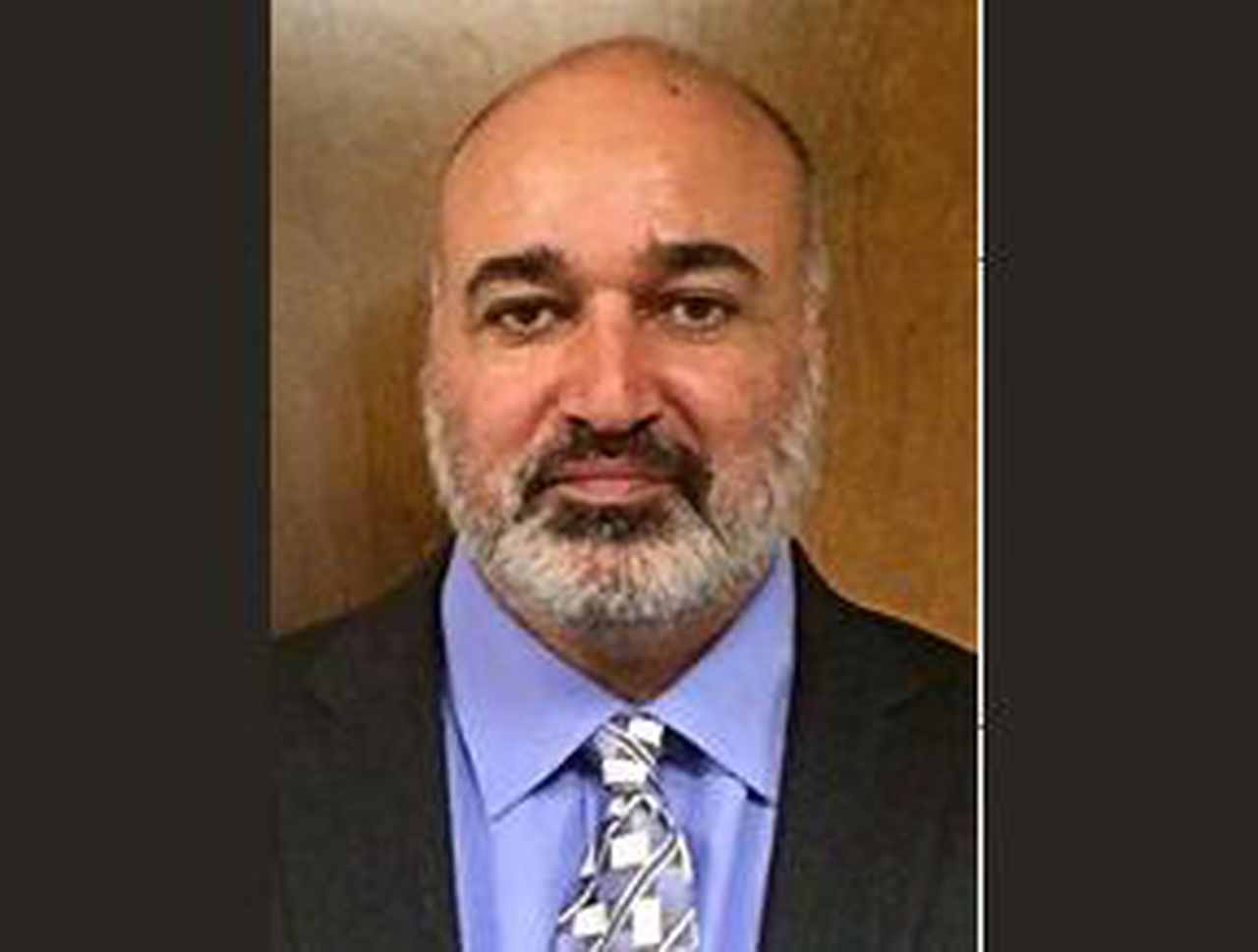Alabama doctor who died last year now published co-author on âgame changingâ tuberculosis research
In life, Dr. Asharaf “Ed” Khan was known as a doctor who would do almost anything to help his patients get better.
Khan served as the tuberculosis doctor for the Jefferson County Department of Health for years until his death June 18, 2022 in a motorcycle accident. Dr. Wes Willeford, medical director of disease control at JCDH, said Khan would even get food or other necessities for patients who had to isolate themselves to prevent the spread of disease.
“He was incredibly invested in making sure that patients got through their tuberculosis therapy and were able to get well and get their health back on track,” Willeford said.
Now, after his death at age 56, Khan has been published as a co-author to research that could greatly improve treatment for some of the most challenging tuberculosis patients around the world. Dr. Karen Landers, chief medical officer for the Alabama Department of Public Health and an expert on tuberculosis, is also a co-author on the study and worked closely with Khan for years.
“He was just very devoted to his patients,” Landers said. “It was just such a passion to him, and he was very proud that this research and this treatment was going forward.”
The study examined the use of a new regimen for drug-resistant tuberculosis among patients in the real world. The U.S. Food and Drug Administration approved the therapy, which is called BPAL for short and consists of bedaquiline, pretomanid and linezolid, in 2019 for cases that don’t respond to standard treatments. Prior studies had shown that combination was effective against drug-resistant tuberculosis, but none had followed patients outside the lab.
Landers said Khan was instrumental in identifying patients who might benefit from the treatment and getting them involved in the study. The two doctors coordinated to care for these cases and gather data that can help guide health departments in the future.
“For me, as one of his colleagues, it’s really important for me to see this come to fruition,” Landers said. “To see this published in Clinical Infectious Diseases, it was important for me to see that through. It really is a game changer.”
Prior to the development of BPAL, people with drug-resistant tuberculosis faced long and difficult courses of medication. The regimen consisted of up to five drugs, some of which had to administered intravenously, taken for as long as two years. Patients battled horrible side effects and often gave up on treatment, leading to death.
“BPAL is a breakthrough in not the treatment of ordinary tuberculosis, but against some of the most difficult types of tuberculosis to treat: multidrug resistant forms,” said Dr. Amesh Adalja, a senior scholar at the John Hopkins Center for Health Security. “So, in the past, those treatments often required maybe five drugs with poor efficacy. Sometimes coupled with surgery to remove parts of the lung that were affected that couldn’t be cured with antibiotics. All of that is going to become something of the past.”
BPAL consists of three drugs taken orally for a fraction of the usual time. The study found the treatment worked for more than 90 percent of the patients enrolled, with fewer side effects than previous medications and a median treatment length of six months.
Landers said she and Khan had to closely monitor the health of patients in the study, sourcing medications and testing from specialty labs across the South. The study, which followed 70 patients, had more than 50 co-authors.
The results are good news for patients with drug-resistant tuberculosis. According to the U.S. Centers for Disease Control and Prevention, about 500,000 people are infected worldwide with drug-resistant tuberculosis every year and 200,000 die from the disease.
The United States and Alabama have relatively few cases of tuberculosis compared to the rest of the world. In 2022, about 66 people were diagnosed with the illness and most responded to the standard drug therapy, Landers said.
The new BPAL regimen has been touted as a game changer, the first big breakthrough in tuberculosis treatment in many decades. It could help patients get out of isolation and back to work more quickly and make it easier for public health workers to provide treatment.
“This is also a savings when you get right down to it in terms of the amount of time that public health has to devote to an individual disease,” Landers said.
Landers said she wanted to ensure that Khan’s contribution was included in the BPAL study published in late May by the journal Clinical Infectious Diseases. Although tuberculosis is rare in Alabama, it’s often difficult to treat. The doctors who do it become like family, she said.
“We feel very honored that Alabama was part of this,” Landers said. “I know as a co-author with Dr. Khan that we couldn’t have done it without him.”
